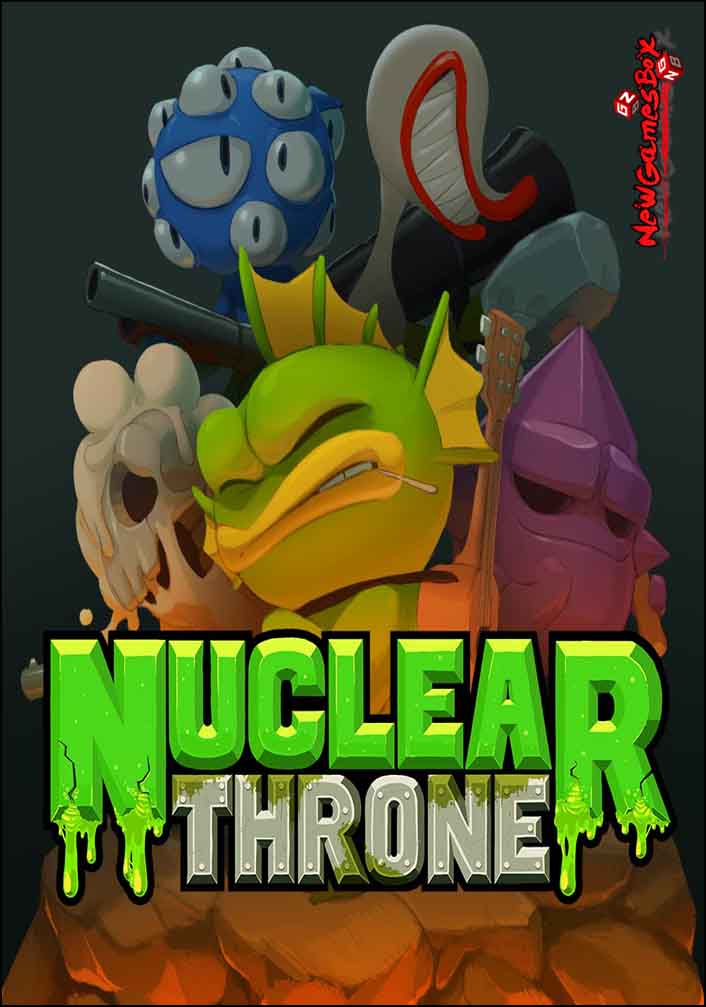

Neither could Slobodan Milosevic’s Yugoslavia, Saddam Hussein’s Iraq, nor Al-Qaeda, or Iran. In the excitingly weird brain of original Red Dawn director John Milius, the Soviets could marshal an invasion of the United States. This illustrates the other problem with making Cold War–type movies in a unipolar world. For this reason, the 2012 remake of Red Dawn with Chris Hemsworth was shelved for two years while the invading country was changed from China to North Korea. And in the same vein, American movie studios make lots of money exporting their films to China, which does not like being painted as the bad guy. and China, both countries make too much money trading with each other to fight each other. Whatever the ideological and material disagreements between the U.S. In contrast to the nuclear near-misses that defined the early days of the Cold War, there’s no real omnipresent fear of nuclear warfare with China. Elements of the American political class and foreign policy blob might want to set off a new Cold War with China, a communist superpower with nuclear weapons, but it doesn’t make for quite as compelling an enemy. The pressing issues of American foreign policy through the past 30 years-conflicts in the Balkans, the War on Terror, the surveillance state-have led to some great fiction, but there’s no genuine replacement for the Soviets as a technologically advanced state actor. But that geopolitical thread expired long ago-whatever else there is to say about the Putin regime, it’s more or less stable compared to what came before. Throughout the ’90s, the instability of Yeltsin-era Russia was itself a credible nuclear threat Top Gun director Tony Scott responded to this reality by filling a submarine with legendary actors paired with top-tier Hans Zimmer music in 1995’s Crimson Tide. Since 1991, there hasn’t really been a credible like-for-like military adversary. And in 1990, the genre hit its pinnacle with the film adaptation of The Hunt for Red October.īut just as the Cold War thriller was hitting its stride, it lost its big villain.

In 1986, Top Gun became the best recruiting pitch the Navy could have ever dreamed of. In 1984, Red Dawn turned Brat Pack actors into Rocky Mountain guerrilla fighters. A generation of writers and directors who’d grown up on Battle of Britain and Run Silent, Run Deep swapped out the Axis powers for the Soviets and hit pay dirt. By the 1980s, western cinema had perfected this art form. Superpowers in competition with one another developed awesome machines-rockets, jet fighters, submarines, and so on-that in real life are wasteful at best, but in fiction kick unfathomable amounts of ass.įrom the safety of a theater, millions of moviegoers could watch a handsome American actor-Frank Sinatra, Clint Eastwood, Patrick Swayze-outwit the commie menace, sometimes while piloting the latest from Lockheed Martin or Electric Boat like a star-spangled mech suit. There were many societal, environmental, and humanitarian drawbacks to this type of world order, but it was not without its advantages: namely, that Hollywood ate that shit up. The latter baked a genuine threat of annihilation into everyday life on both sides of the Atlantic. For the previous 50 years, the United States had competed with the USSR in every arena from astronomy to athletics to weapons development. In December 1991, the Soviet Union completed its yearslong collapse into 15 independent republics, ending the Cold War, resetting the balance of geopolitical power, and throwing the American entertainment industry into crisis. But Vigil is a submarine thriller for the 21st century. Once a bastion of TV and film, submarines have struggled to find their place since the end of the Cold War.

It’s astonishing that it took until 2021 for the peanut butter of the prestige cop drama to mix with the chocolate of the submarine.Īs much as Vigil captivated British TV audiences with its superb acting and exciting twists, its most important contribution was bringing the submarine out of a 30-year voyage to the depths of cultural irrelevancy. We’ve known about the glorious dopeness of the sea since Homer sent Odysseus past Charybdis. The constant bustle of background activity, the innate tension of claustrophobia, the timelessness of a world where the sky goes missing for three months at a time-everything is inherently dramatic under those conditions. You know what’s better on a submarine? Everything. Vigil creator Tom Edge must feel like the man who invented the wheel, because this innovation is as revolutionary as it is obvious.


 0 kommentar(er)
0 kommentar(er)
